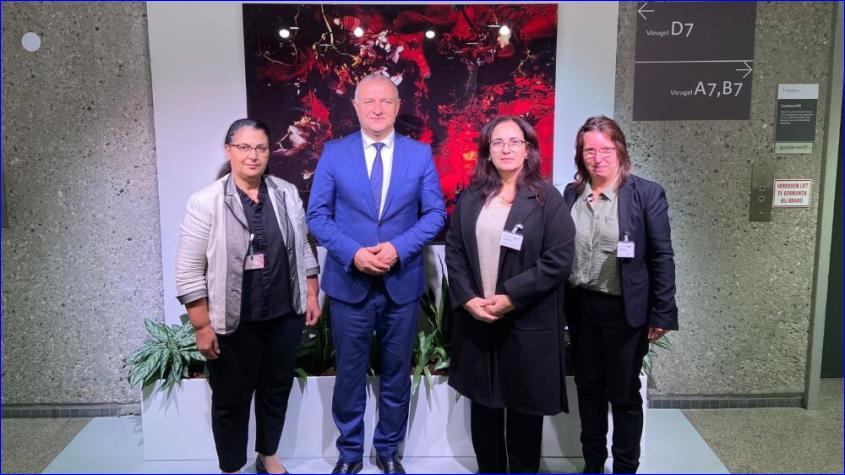


Christian Democrat Yusuf Aydin is deeply concerned about how the dominant Islamic forces currently ruling Syria are dealing with the smaller population groups. He sees a pattern of antagonism and violence, first against Alawites, then the Druze, and, with the recent bombing of the St. Elias church, against Christians. Speaking at the Swedish Riskdag European Affairs Committee, Aydin, originally from Tur Abdin, argued that after European economic sanctions have been lifted, which he favors, this must be accompanied by real demands for progress on all fronts. It cannot be that smaller indigenous communities continue to be targets of brute violence.
If Syrian President Ahmad al-Sharaa truly sees himself as the country's leader, he must ensure that all Syrians, regardless of their faith, are protected, both in law and in practice. Without political, religious and cultural inclusivity, the Christian Democrat fears a new wave of migration, especially among the smaller and more vulnerable population groups, where everyone in Europe currently encourages the return of Syrians to their country.
Isa Kahraman (New Social Contract) has grown much more skeptical about the future of Christians in Syria. In a session of the Committee for Foreign Affairs Kahraman, who, like Yusuf Aydin, comes from Tur Abdin, gave an emotional speech specifically aimed at Ahmad al-Sharaa. "We cheered too early," he said, pointing to al-Sharaa's past within al-Qaeda in Syria.
With the massacre against the Alawites three months ago, the conflict between the Druze and Daramsuq, and the recent suicide attack on the St. Elias church, "the dream of freedom for Christians, Druze and Alawites has gone up in smoke." Where he and his party initially gave the new Syrian government the benefit of the doubt after taking over, Kahraman now calls the lifting of European economic sanctions against the country a "foolish move," stating that Europe no longer holds leverage over the new regime in Daramsuq to get its act together.
How the situation in Syria will develop for the smaller population groups after the bloody conflicts and attacks of the past months is uncertain. What is certain is that Aydin and Kahraman have not made the case for self-determination for e.g. Alawites and Christians in the areas where they form a majority. The two Syriac parliamentarians continue to hold on to a central system of government with rights and protection for all--something they themselves have expressed serious doubts about.

or register to post a comment.